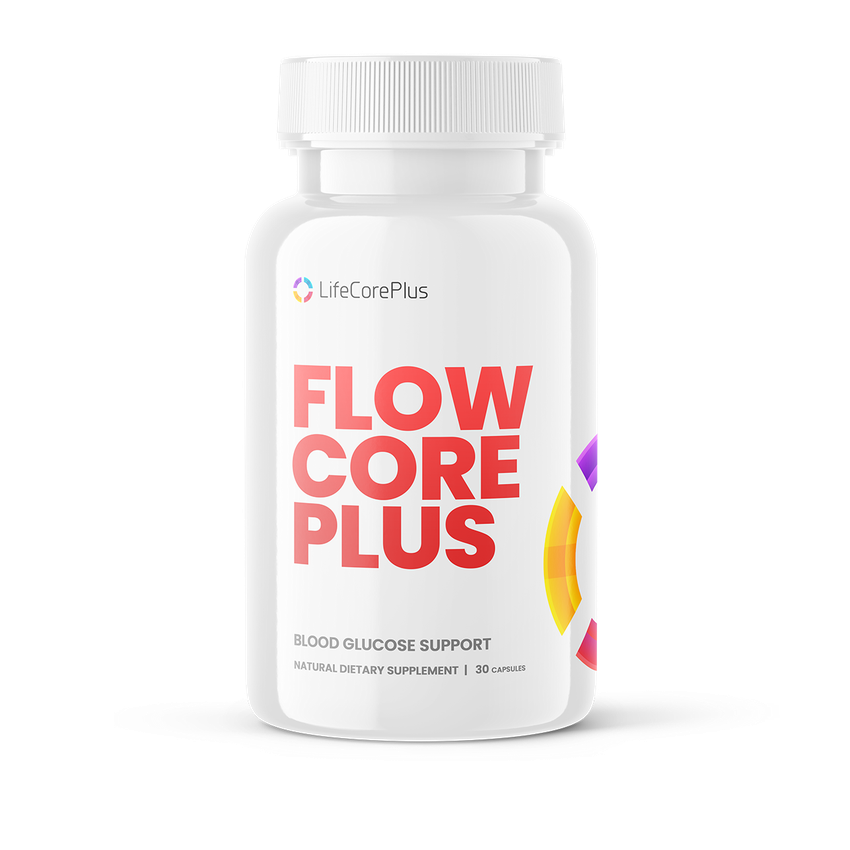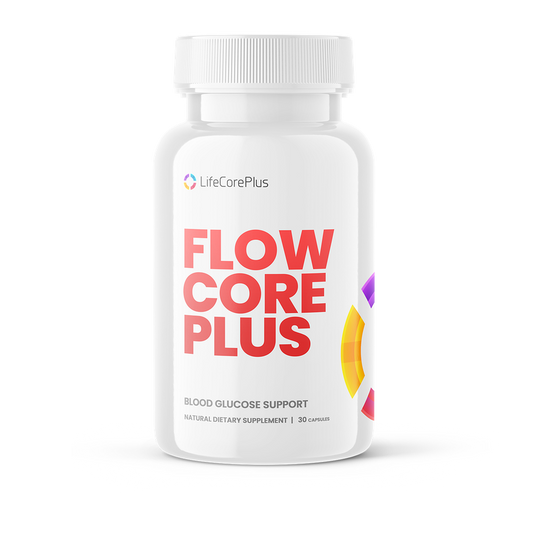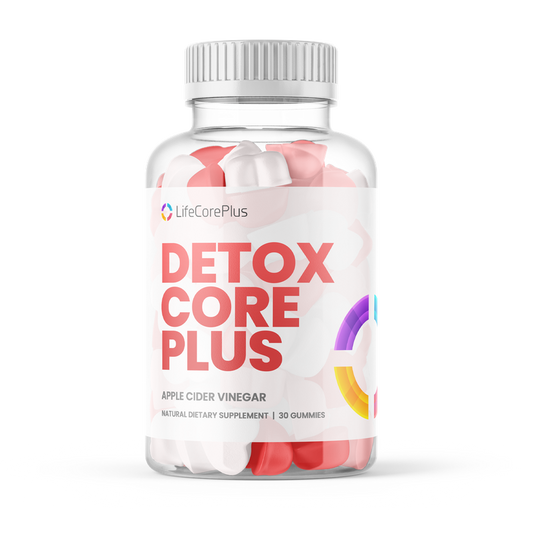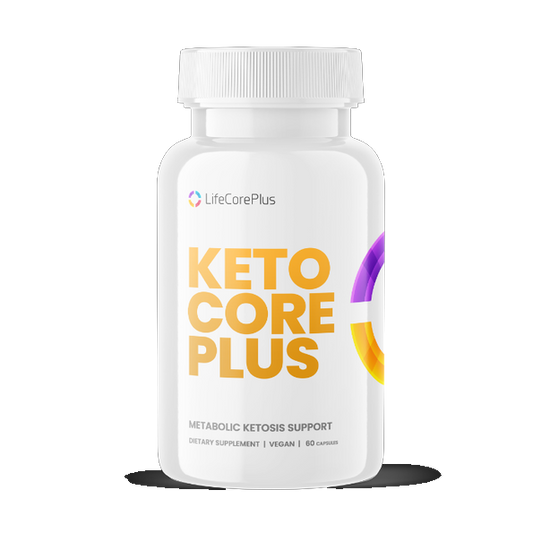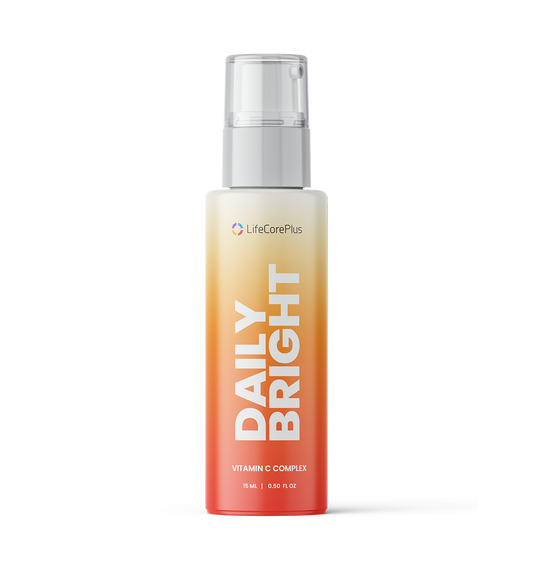
Clean Labels vs. “Clinically Backed”: What Should You Trust?
Share
With so many brands fighting for shelf space, the supplement aisle has turned into a battleground of claims. “Clinically tested.” “Doctor recommended.” “Clean label.” “Pharmaceutical grade.” But what really matters — and how do you know what to trust?
Let’s break down the two big marketing buzzwords: Clean vs. Clinically backed.

1. “Clinically backed” should mean evidence.
Ingredients that are clinically backed have been tested in studies — ideally with human participants, measurable outcomes, and real dosages. But not all “clinically proven” claims are honest. A brand may use an ingredient studied at 600mg, but only include 100mg in their formula. Always check the actual dosage.
2. “Clean label” means minimal and transparent.
Clean label supplements avoid artificial ingredients, sweeteners, dyes, binders, and fillers. They typically use simpler formulas with traceable sourcing. But again — there’s no standard regulation, so brands can self-define “clean.” Look for ingredient transparency and real testing.
3. The ideal? Both.
The best brands combine clean labels and clinically studied ingredients — giving you transparency and science. You shouldn’t have to choose between health and results.
4. How to spot red flags:
-
No dosing information or only "proprietary blends"
-
Fluffy buzzwords with no sourcing or scientific explanation
-
Claims that sound too good to be true ("Burn fat overnight!" or "Boost testosterone 300%!")
5. What to trust:
Brands that list ingredient amounts clearly, cite research (or link to studies), and explain their formulation choices. If you wouldn’t trust it in your kitchen, don’t trust it in your supplement cabinet.
